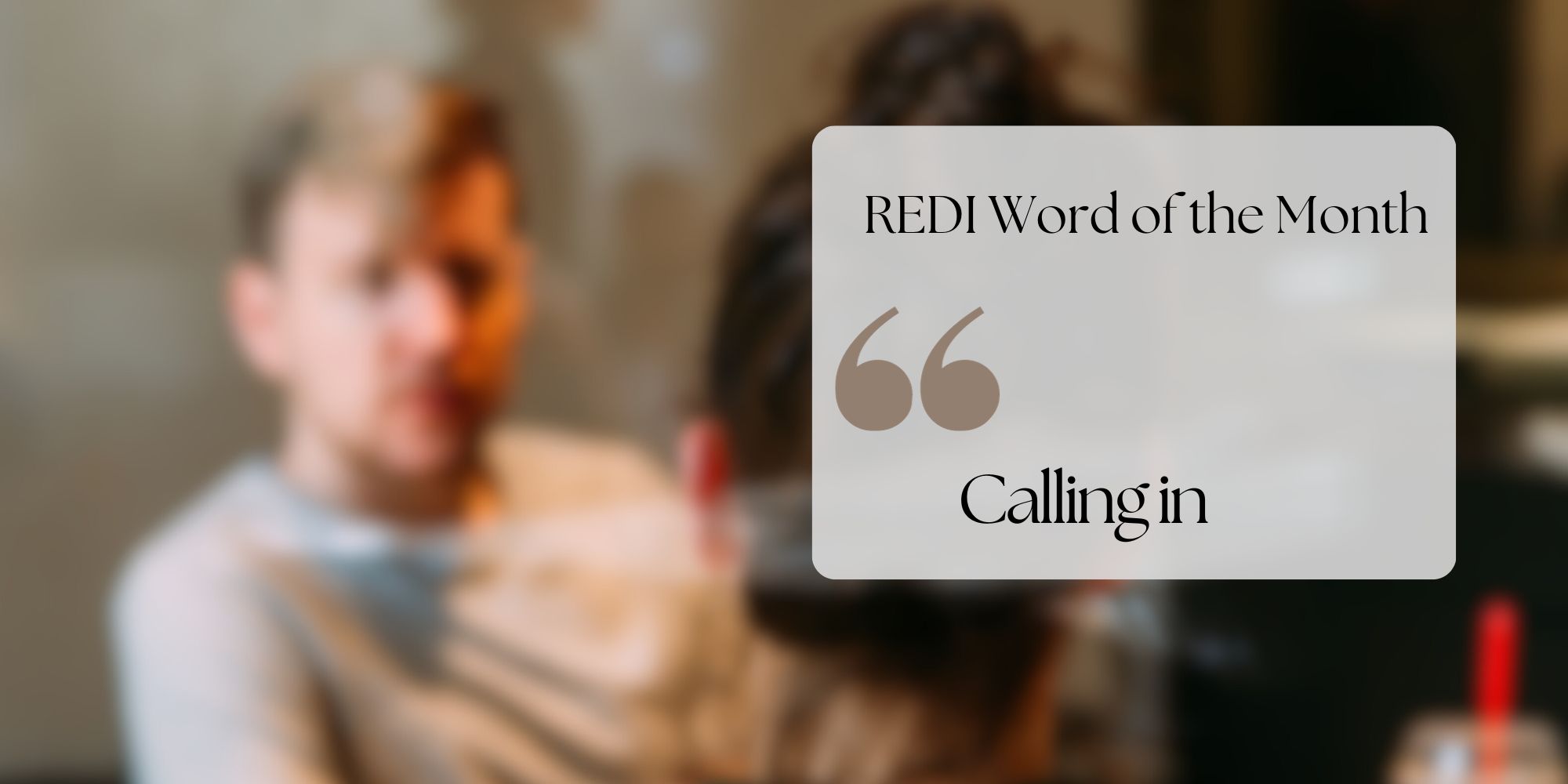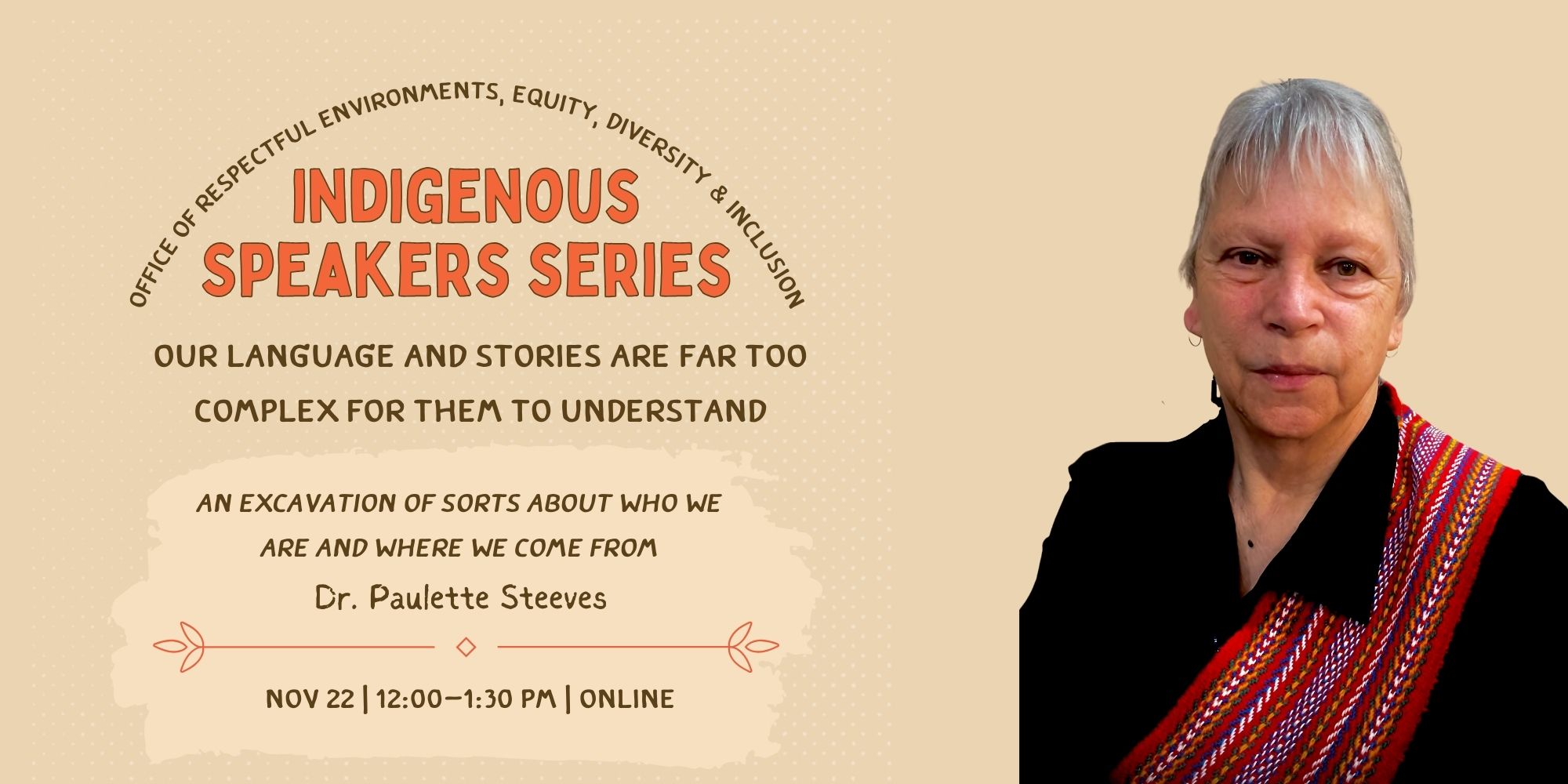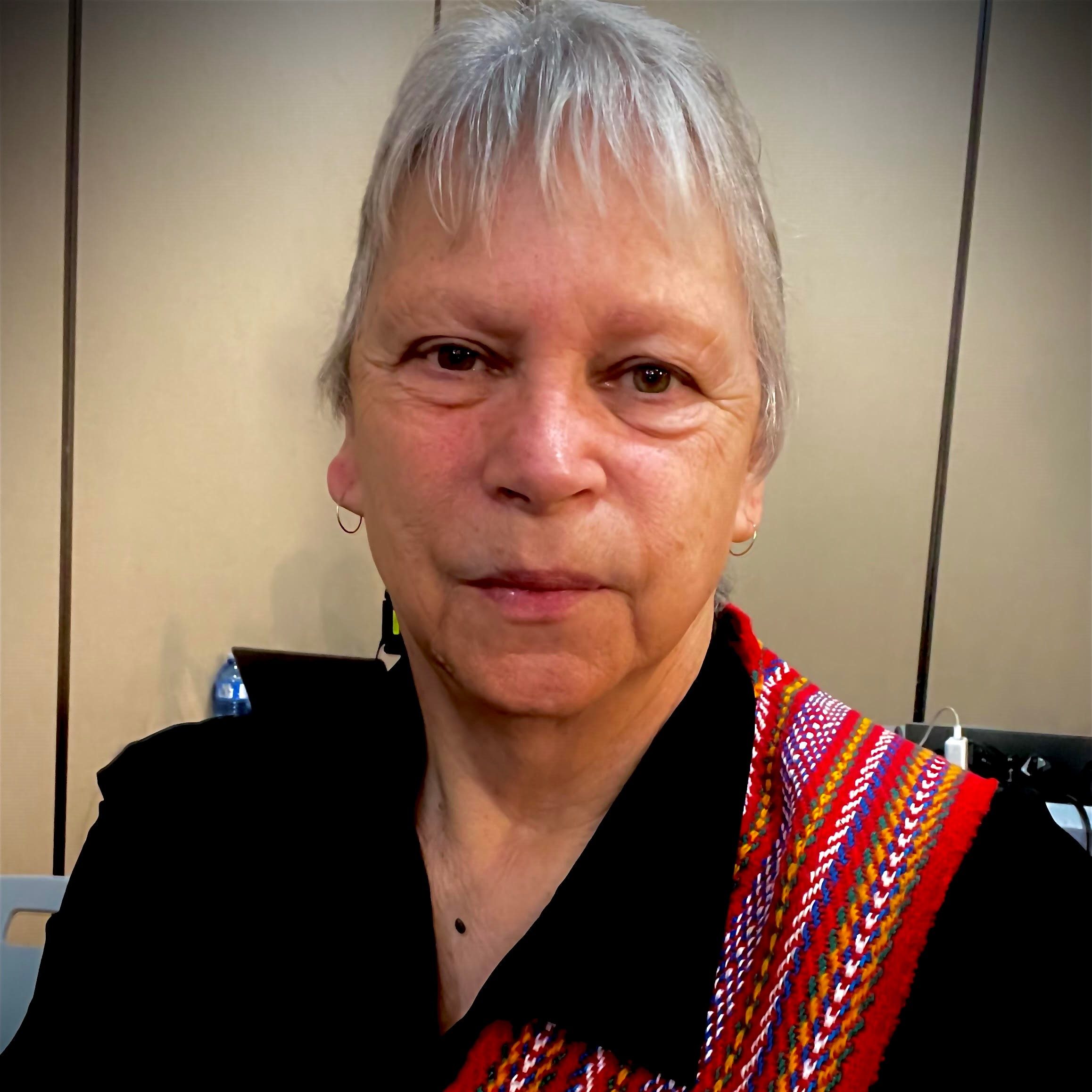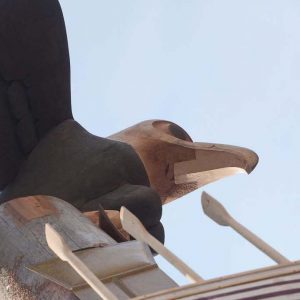Anti-racism
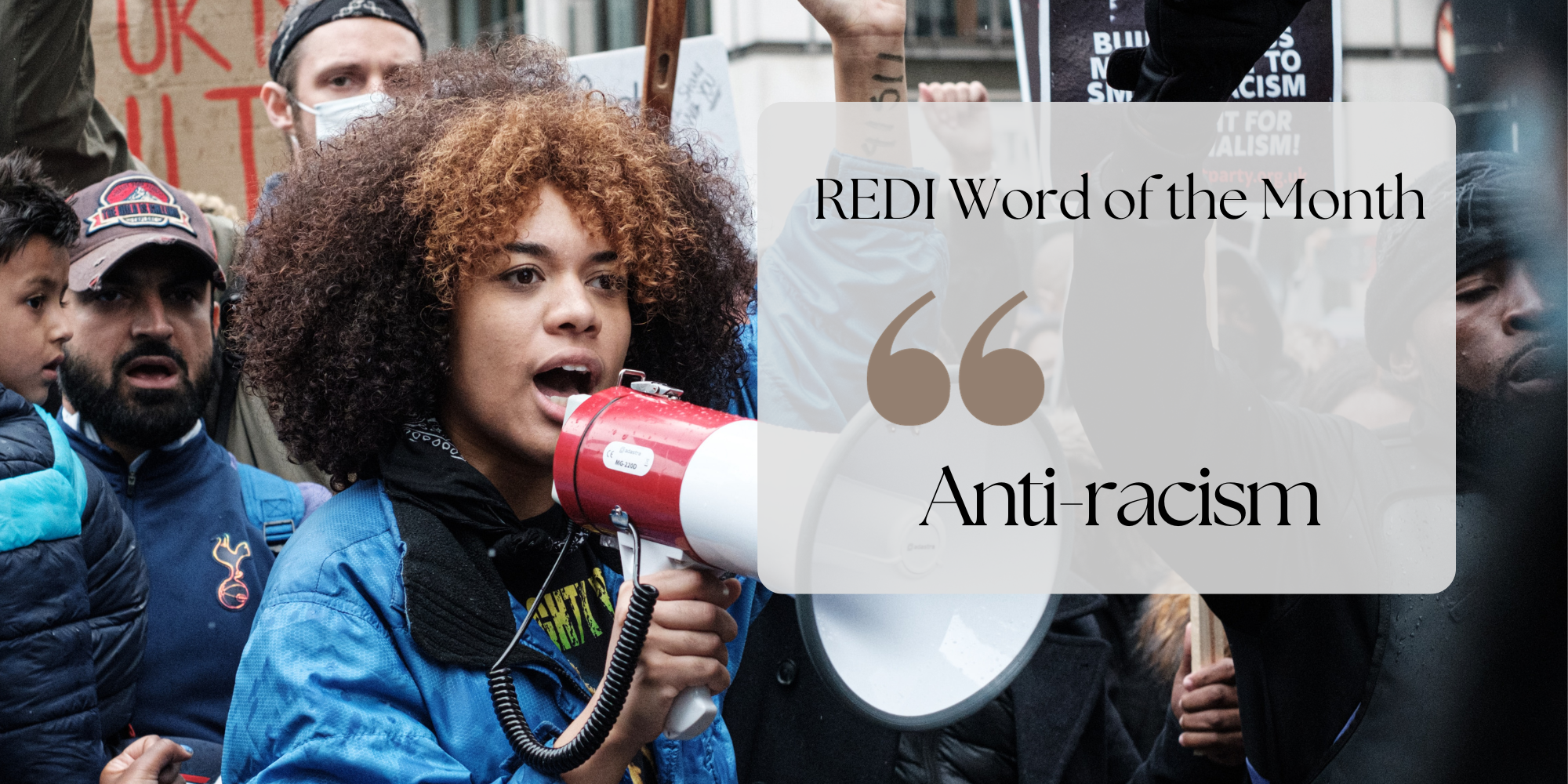
Anti-racism is the practice of identifying, challenging, preventing, eliminating and changing the values, structures, policies, programs, practices and behaviours that perpetuate racism between individuals and within systems. Anti-racism is characterized by taking action against racism; it is distinct from simply having a disposition of being “not racist.”
Examples:
At the individual level, medical professionals can take anti-racist action by building trust with patients from marginalized communities, such as by taking time to listen to their concerns, providing culturally competent care, and acknowledging historical injustice.
At the systems level, medical institutions can take anti-racist action by taking steps to address structural racism, such as by examining their hiring practices, diversifying leadership, and addressing disparities in care.
Bystander Effect
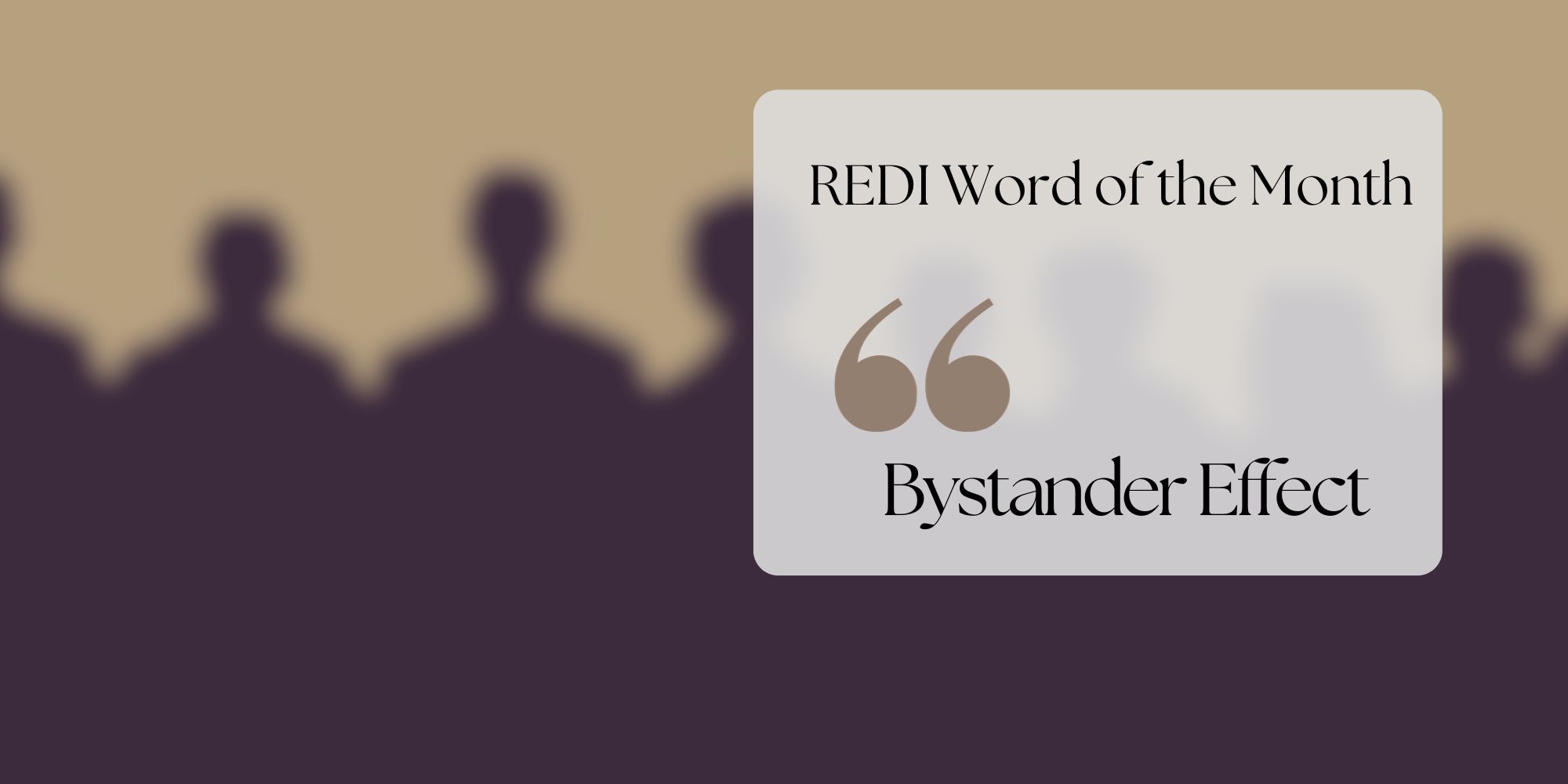
Also known as Bystander Apathy, is a phenomenon in which the presence of other people discourages individuals from intervening in an emergency, against a bully, during an assault, or when some other injustice is being committed. The greater the number of bystanders present in the situation, the less likely that any one of them will provide help to a person in distress, as each individual feels like they bear less responsibility for intervening.
In working to bring about equity, diversity, and inclusion, it is important to recognize the bystander effect as a barrier that can prevent otherwise kind and caring people from taking action when they witness an act of discrimination.
Instead of being bystanders, the REDI team encourages people to become “Upstanders,” people who are motivated to take action when they witness injustice.
Allyship

Allyship is a life-long process of working to advance inclusion through intentional, positive, and conscious actions within one’s sphere of influence. A person who takes action, listens to, builds trust with, advocates for, and amplifies the voices of marginalized people and groups may be recognized as an ally. As a label, the term “ally” cannot be self-applied; one can only become an ally by having their efforts recognized as such by the marginalized person(s) they strive to uplift.
Intersectionality
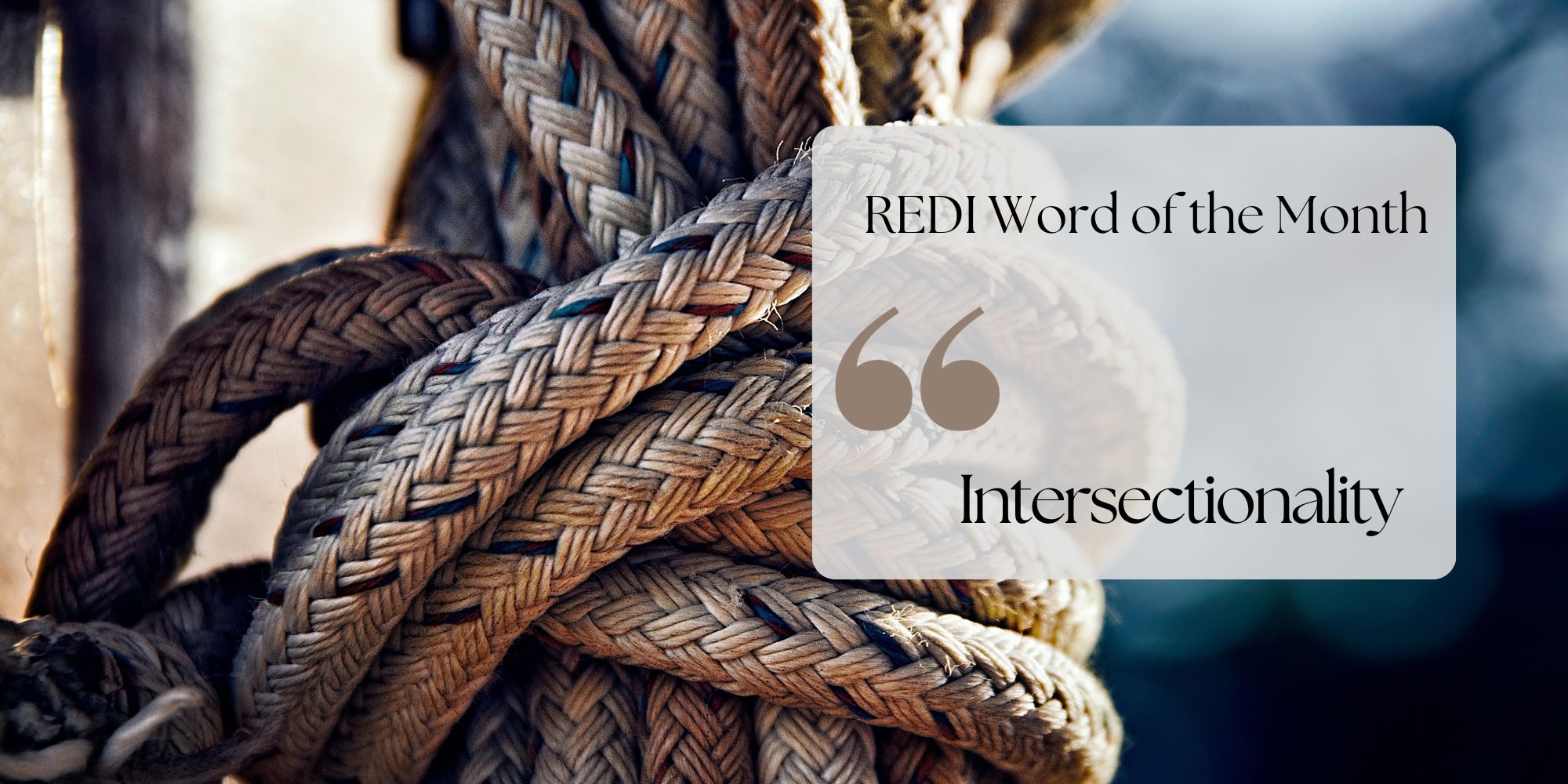
Intersectionality is the recognition that social identities or categorizations (such as race, class, disability, sexual orientation, and gender identity) create overlapping and interdependent systems of discrimination or disadvantage.
The term was coined by lawyer, civil rights advocate, and critical race theory scholar Kimberlé Crenshaw to describe the “various ways in which race and gender intersect in shaping structural and political aspects of violence against women of color”. In other words, the effects of discrimination and disadvantage are more acute for those who belong to multiple marginalized groups, as the inequities they experience reinforce each other.
For example, a queer black woman may experience the world on the basis of her sexuality, gender, and race — an experience based on how those identities intersect in her life. Intersectionality recognizes that oppression cannot be reduced to only one part of an identity; each oppression is dependent on and shapes the other. Understanding intersectionality is essential to combatting the interwoven prejudices people face in their daily lives.
(Source: adapted from https://vpfo.ubc.ca/2021/03/intersectionality-what-is-it-and-why-it-matters/)
